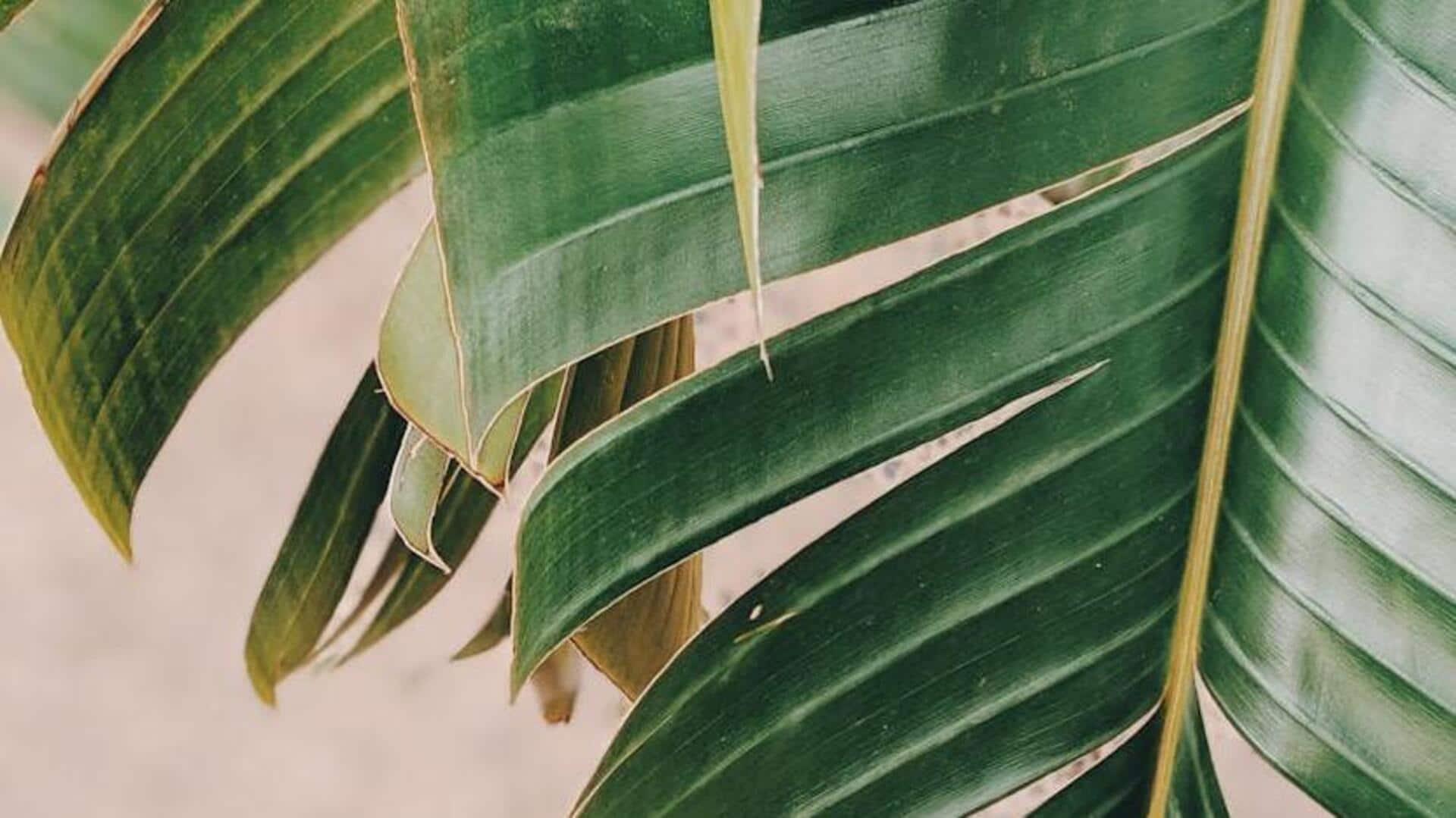
5 Thai plant traditions that will totally surprise you
What's the story
Being culturally rich, Thailand is home to some amazing plant traditions too. Deeply rooted in the day-to-day lives of the Thai people, these traditions often reflect the beliefs and practices of locals. From medicinal uses to spiritual rituals, plants form an important part of Thai culture. Here are five surprising plant traditions that highlight the unique relationship of the Thai people with their surroundings.
Natural packaging
Banana leaves for food wrapping
In Thailand, banana leaves are used as natural packaging for food. The practice is not only waste-reducing, but also gives a subtle aroma to whatever food is wrapped inside. Since the leaves are flexible and sturdy, they're the best bet for wrapping sticky rice or desserts. This is an eco-friendly practice that has been a part of Thai culture for generations.
Herbal remedy
Lemongrass in traditional medicine
Lemongrass is extensively used in traditional Thai medicine due to its many health benefits. It is said to assist with digestion, decrease inflammation, and alleviate stress. Frequently brewed into teas or added to herbal concoctions, lemongrass continues to be a staple in several Thai households. Its healing qualities have been acknowledged by traditional medicine practitioners for centuries.
Spiritual connection
Jasmine flowers as offerings
Jasmine flowers are revered in Thailand and commonly serve as offerings in ceremonies. The delicate scent of jasmine is believed to bring peace and tranquility, so it's commonly used in garlands offered to deities or ancestors. This tradition highlights the importance of plants in sustaining harmony.
Culinary tradition
Pandan leaves for flavoring desserts
We also see Pandan leaves being used often in Thai desserts for that natural flavor and color. Sweet-scented, the leaves give a unique taste to various sweets such as custards or rice cakes. The use of pandan is a mark of the creativity of Thai cuisine where natural ingredients take the center stage.
Everyday essential
Holy basil's role in daily life
Holy basil is more than just an ingredient; it holds cultural significance as well as practical uses within daily life in Thailand. Known locally as krapao, holy basil is believed to have protective qualities against negative energies, while being widely utilized within cooking due to its aromatic properties, which enhance dishes such as stir-fries and soups alike, showcasing how integral this plant truly becomes to everyday living experiences throughout the country itself!